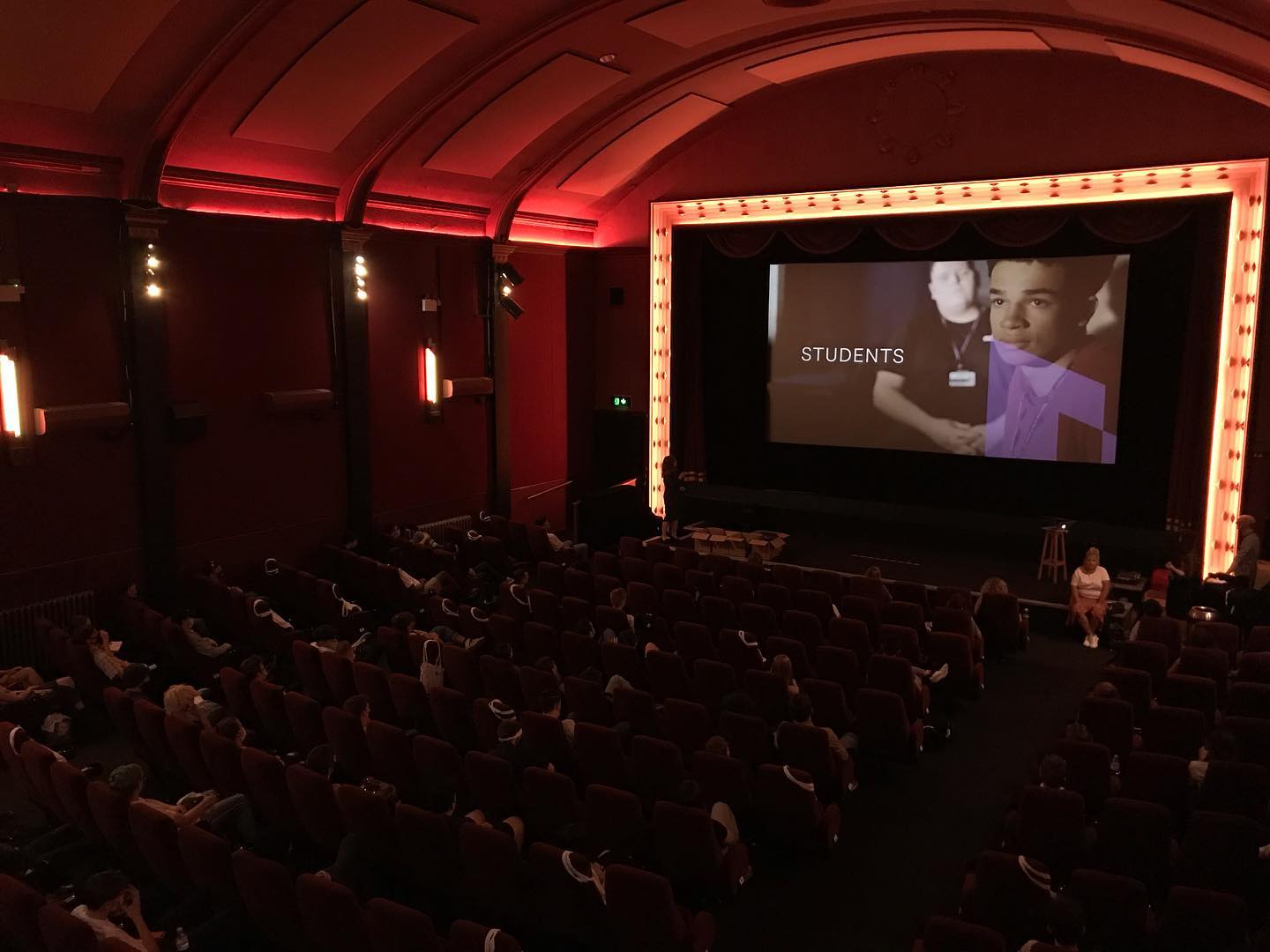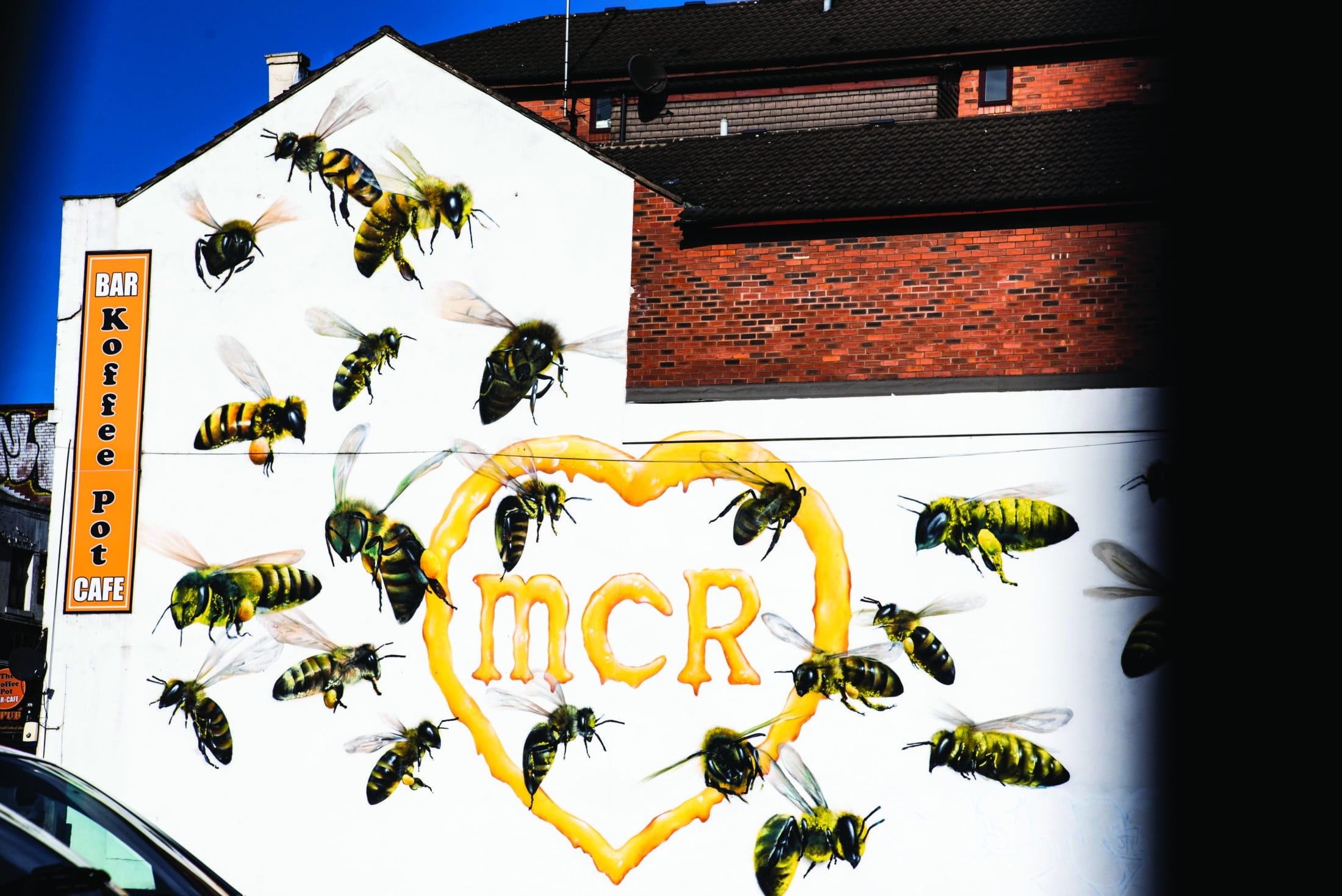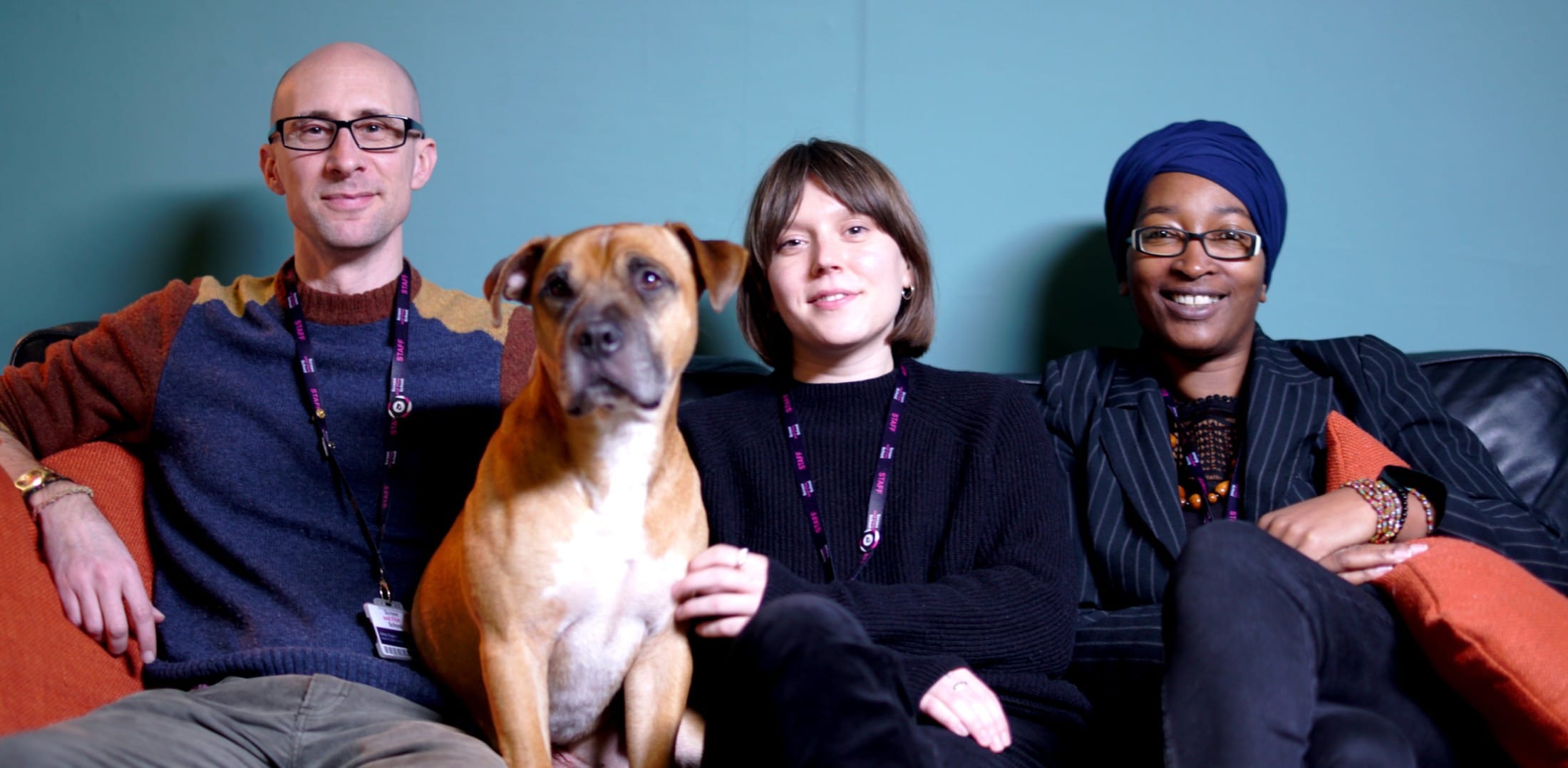February is LGBTQ+ History Month and to mark the annual month-long celebration, we have recently spoken to Lee Fountain-Vessey, who is the Head of our LGBTQ+ society at Screen and Film School Manchester.
Lee put together a helpful presentation that documented some key milestones in the history of the queer community in the UK. This presentation was used in the Film School this month as a fun, dynamic educational tool for all to see. We caught up with Lee to discuss this and crucially for our students, we picked out some iconic queer films that are worth watching.
The first official LGBTQ+ History Month did not occur until 2005 in the UK, but Lee highlighted a succession of crucial historical moments that you may not be familiar with that stretch back through the past one hundred years in this country. In 1951, Roberta Cowell was the first trans woman known to have sex reassignment surgery in the UK. She was a British fighter pilot and a racing car driver. Then three years later, The Wolfenden Report was one of the first steps towards the decriminalisation of homosexuality in the UK. The report outlined that homosexuality was not a disease and that “homosexual behaviour between consenting adults in private should no longer be a criminal offence.”
Staying in the 1950s and heading into the world of film, the first touchstone blockbuster that Lee picked out was Some Like it Hot (1959). Aside from being one of the funniest films of the twentieth century, Some Like it Hot was pivotal in supporting the LGBTQ+ community. While the film does contain its fair share of flaws, there’s no doubt that its depiction of LGBTQ+ issues within mainstream society largely contributed to the social inclusion and accessibility of information surrounding the struggles that the community face every day.
Fast forward to the 1990s, and Lee was keen to point out the influence of films such as Paris is Burning (1990), The Watermelon Woman (1996), and But I’m a Cheerleader (1999). These films, which range from the comedic to the dramatic, explore themes such as the Ballroom culture of New York City, as well as the exploits of a young, black lesbian working a day job in a video store while trying to make a film about a black actress from the 1930s, and finally But I’m a Cheerleader contains themes of sexuality, gender roles and social conformity presented in a satirical, upbeat way.
Lee’s presentation, which chronicles a history of LGBTQ+ milestones in the 20th century, was completed by Moonlight, an Oscar-winning film from 2016. At a time when gay culture was overwhelmingly white the Director Barry Jenkins explored the experience of queer black men and the many challenges they face. This seminal film was released in February 2017 in the UK, which coincided with LGBTQ+ History Month that year and won three Oscars, for Best Picture, Best Supporting Actor and Best Adapted Screenplay.
Lee’s research and ingenuity when putting together this helpful resource didn’t go unnoticed and we hope that it can be used for many years to come within the walls of Screen and Film School Manchester when LGBTQ+ History Month comes around. Here’s what Lee had to say about this experience:
“I am nonbinary and queer, and I run the LGBTQ+ Society at Screen and Film School Manchester. I created this presentation for LGBTQ+ History Month as quite often queer history is overlooked or underrepresented. Furthermore, I wanted to use this opportunity to educate my fellow students on prolific LGBTQ+ moments, people and films. I also wanted to demonstrate how alarmingly recent many of these historical milestones have been to encourage people to continue to fight for equality, representation and rights.”
Are you interested in being a part of the new legacy at Screen and Film School Manchester?
Sign up to one of our Open Days:
Find out more information on our courses by clicking below:



